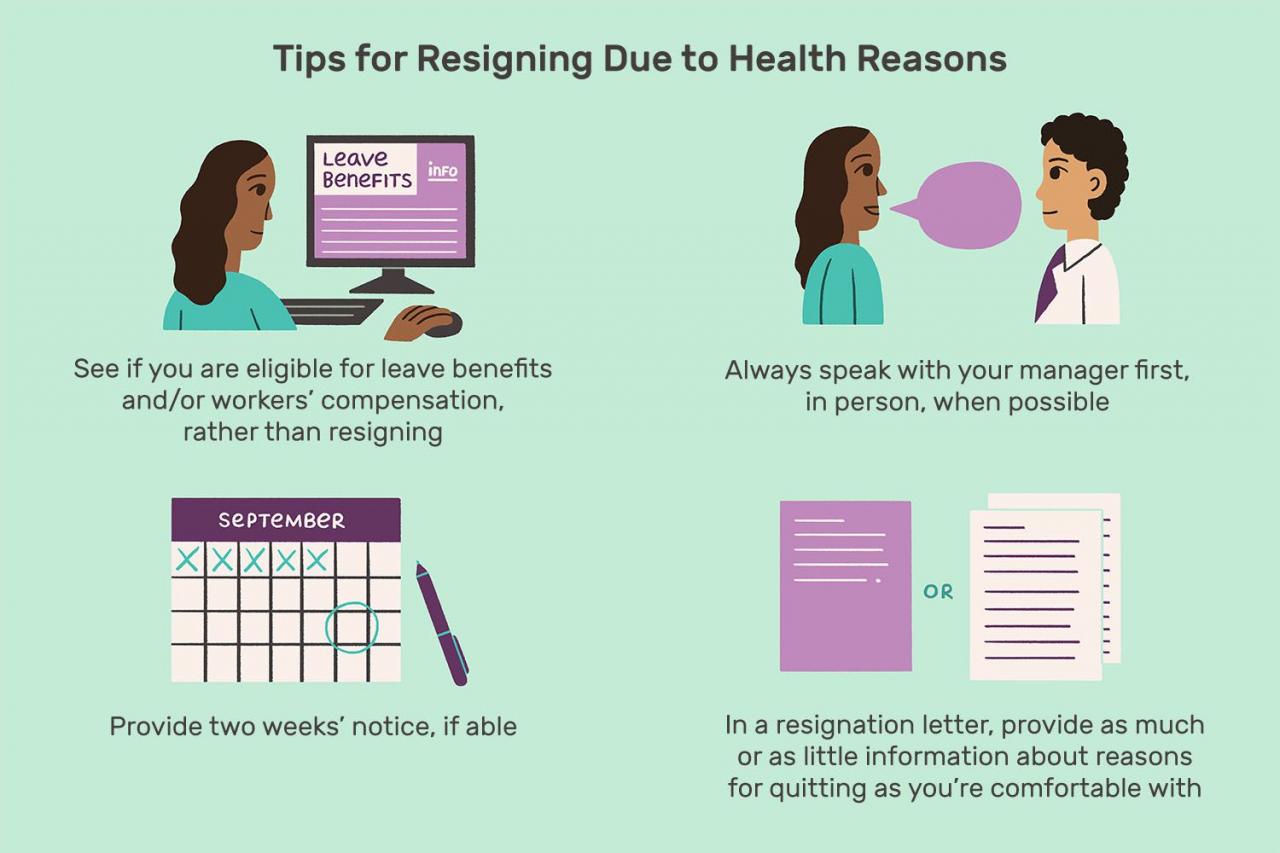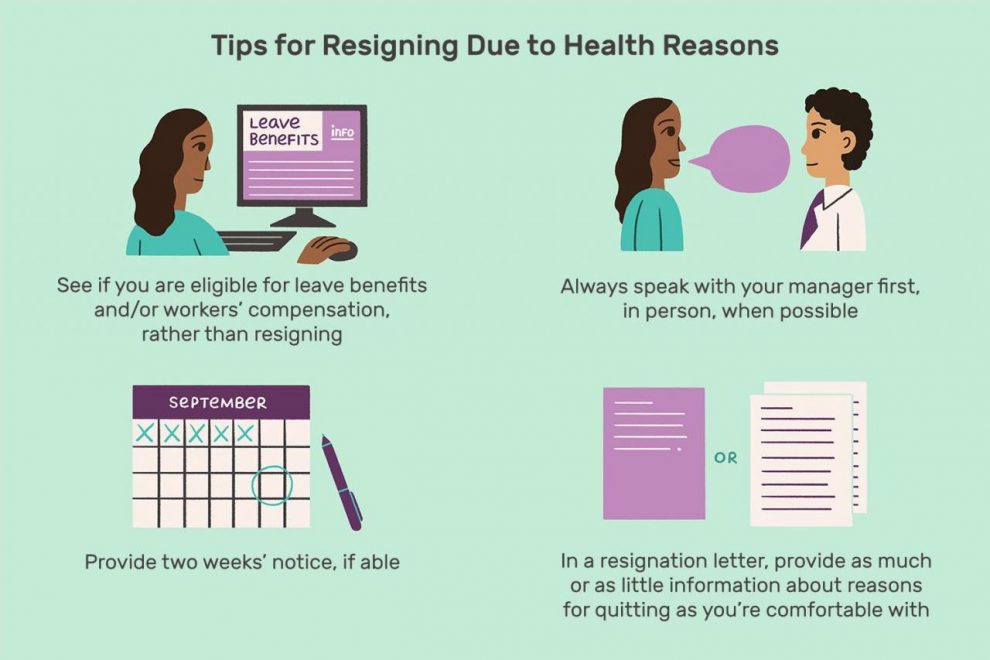
After graduating from a top business school, I landed a lucrative job at a leading investment bank on Wall Street. I was making great money and working on high-profile deals, but over time, I found myself becoming disillusioned and dissatisfied with the nonstop grind of investment banking. I still remember the moment I decided to take a huge risk by leaving finance to pursue a career in teaching. Now, years later, I can definitively say I do not regret that major career change one bit. Here’s my story of how I found more meaning and fulfillment as a teacher after quitting my stressful job in investment banking.
My Challenging Years in Investment Banking
After business school, I was thrilled to begin working in the prestigious Mergers & Acquisitions group of a major investment bank in New York City. The pay was incredible, with base salaries and bonuses in the six figures right from the start. However, the job also required 90+ hour work weeks and frequent overnight shifts when we were in the throes of a big deal. As NBA legend Kareem Abdul Jabbar once said, “Don’t just aspire to make a living, aspire to make a difference.” I soon began to realize that while I was making a lucrative living, I was not making the positive impact in the world that I craved.
The Grueling Lifestyle Started to Take Its Toll
While the intellectual challenges of modeling complex financial transactions and advising corporate clients was initially engaging, the grueling lifestyle quickly started to negatively impact my mental and physical health. I had no work-life balance, was constantly stressed and anxious, and began experiencing issues like high blood pressure and insomnia while still in my 20s. I dreaded going to work each morning and counted down the hours till I could leave each night.
I also found myself becoming disillusioned with the nature of the work. While mergers and acquisitions can add tremendous economic value on paper, I saw firsthand how such deals often centered on greed and money over what was best for people and communities. Famed psychologist Abraham Maslow’s research around self-actualization resonated with me – “What humans can be, they must be.” I felt that in order to reach my full potential, I could not remain in the field of investment banking long-term.
Making the Risky Career Change
These factors all culminated one evening when I was once again stuck at the office until 3 AM preparing a presentation. I paused, took a long look around the empty floor where a cleaning crew was vacuuming, and realized I could not see myself sustaining this lifestyle for the rest of my career. I put in my two weeks notice the next morning.
I knew I wanted to make a switch to a role that involved mentoring, developing and positively influencing others. While it was a drastic pay cut, I decided to pursue my passion for education by earning my teaching certificate and masters degree nights and weekends. After student teaching for a semester, I was able to secure a full-time position teaching high school business and economics classes.
Fulfillment as a Teacher
Though the transition to teaching full-time was an adjustment from the high-intensity environment of investment banking, I soon found it incredibly rewarding and fulfilling. Here are just some of the reasons I do not regret my career change:
Seeing Students Learn and Grow
Unlike in investment banking, as a teacher I get to work directly with people – specifically students – and see firsthand the positive impact I have on their lives through advancing their knowledge and abilities. There is no better feeling than witnessing students grasp a challenging concept for the first time and getting excited about learning. I will never forget the joy on a struggling student’s face when he earned an A on his first economics paper after we worked together to improve his writing skills. As educator Henry Brooks Adams said, “A teacher affects eternity; he can never tell where his influence stops.”
Making a Direct Positive Impact on My Community
I grew up in the same town where I now teach, so being able to come back and give back to the community that invested in me is deeply meaningful. The relationships I form with students extend beyond the classroom, as I get to mentor many of them across school clubs, sports teams, and other extracurricular activities after school and on weekends. By being a positive role model and providing guidance during such pivotal years, I help set students up for success in college and meaningful careers of their own.
Work-Life Balance and Lower Stress
While parts of the school year can be hectic, I now have much more control over my schedule and more time for hobbies, family, and travel than I ever did in my finance days. Summer and winter breaks allow for rest and rejuvenation. My anxiety levels are lower, and I have been able to improve my diet, exercise regimen, and sleep habits. This career change has done wonders for my overall well-being.
Intellectual Stimulation Of Educating the Next Generation
While not negotiating complex deals, the intellectual challenges of teaching appeal to me. Curating compelling lesson plans, answering students’ thoughtful questions, and finding new ways to bring dry material to life have strengthened my creativity, critical thinking, and problem solving skills. I love researching the latest developments and trends in business and economics to provide students with cutting-edge education that prepares them for our fast-changing world.
While leaving the field of investment banking was a drastic move, I have never once regretted my pivot into teaching. Seeing students grow, making a difference locally, achieving better work-life balance, and engaging my mind through lesson planning are just some of the rewards that make this career change worth it. If you have a passion for education, do not be afraid to take the leap – the fulfillment you gain from being a teacher will far outweigh any corporate accolades or paycheck. Never be afraid to reinvent yourself and follow your purpose.

















